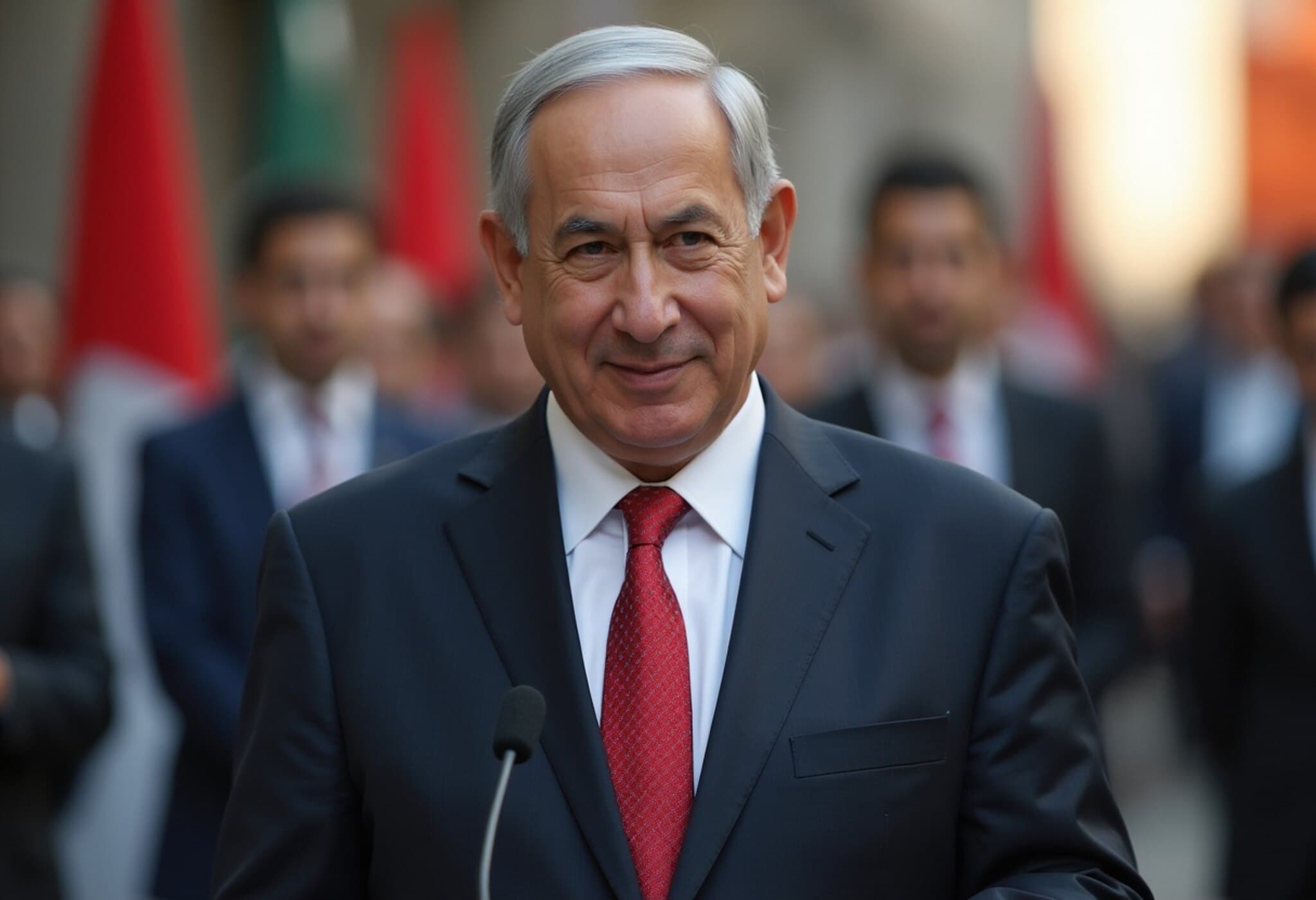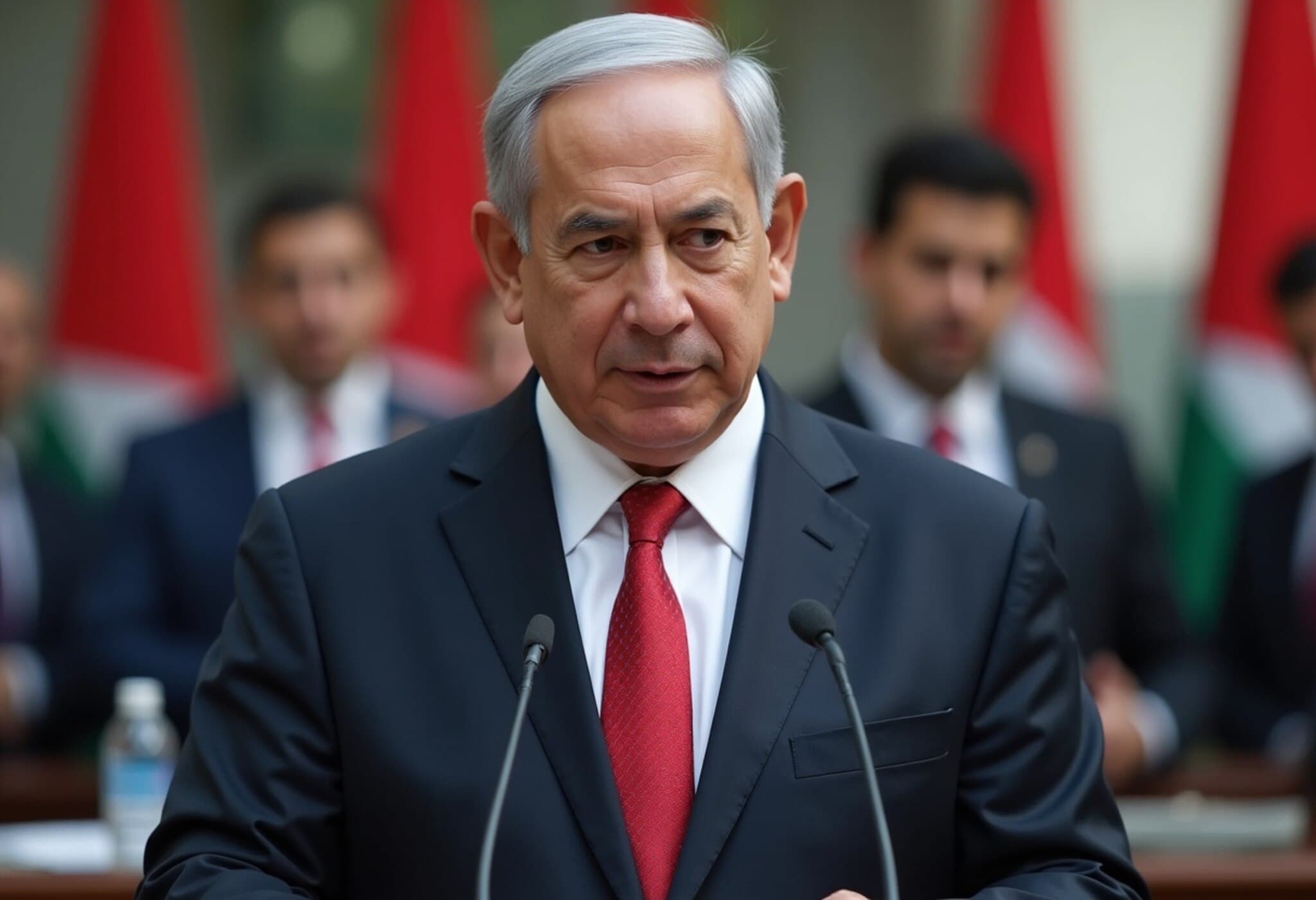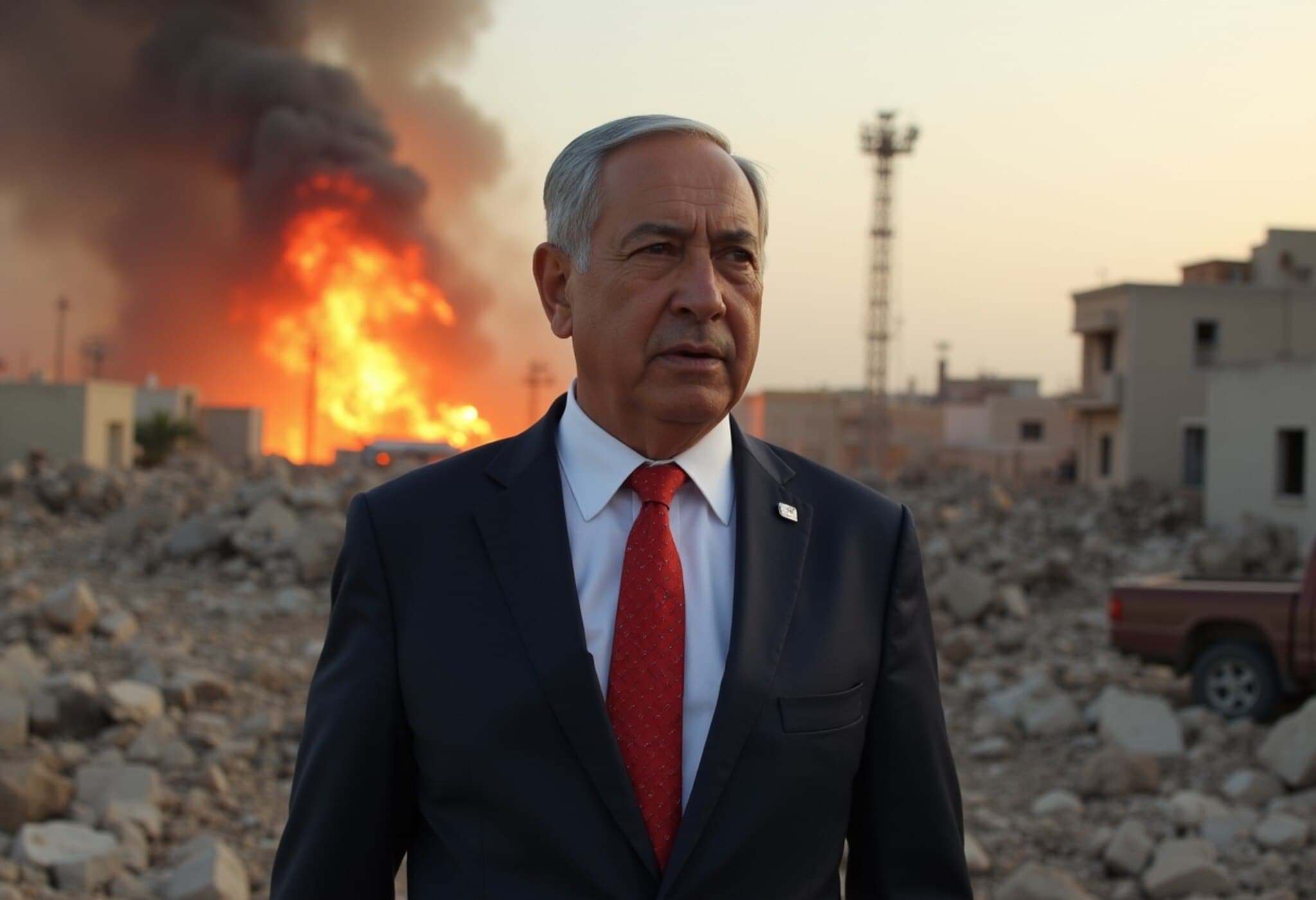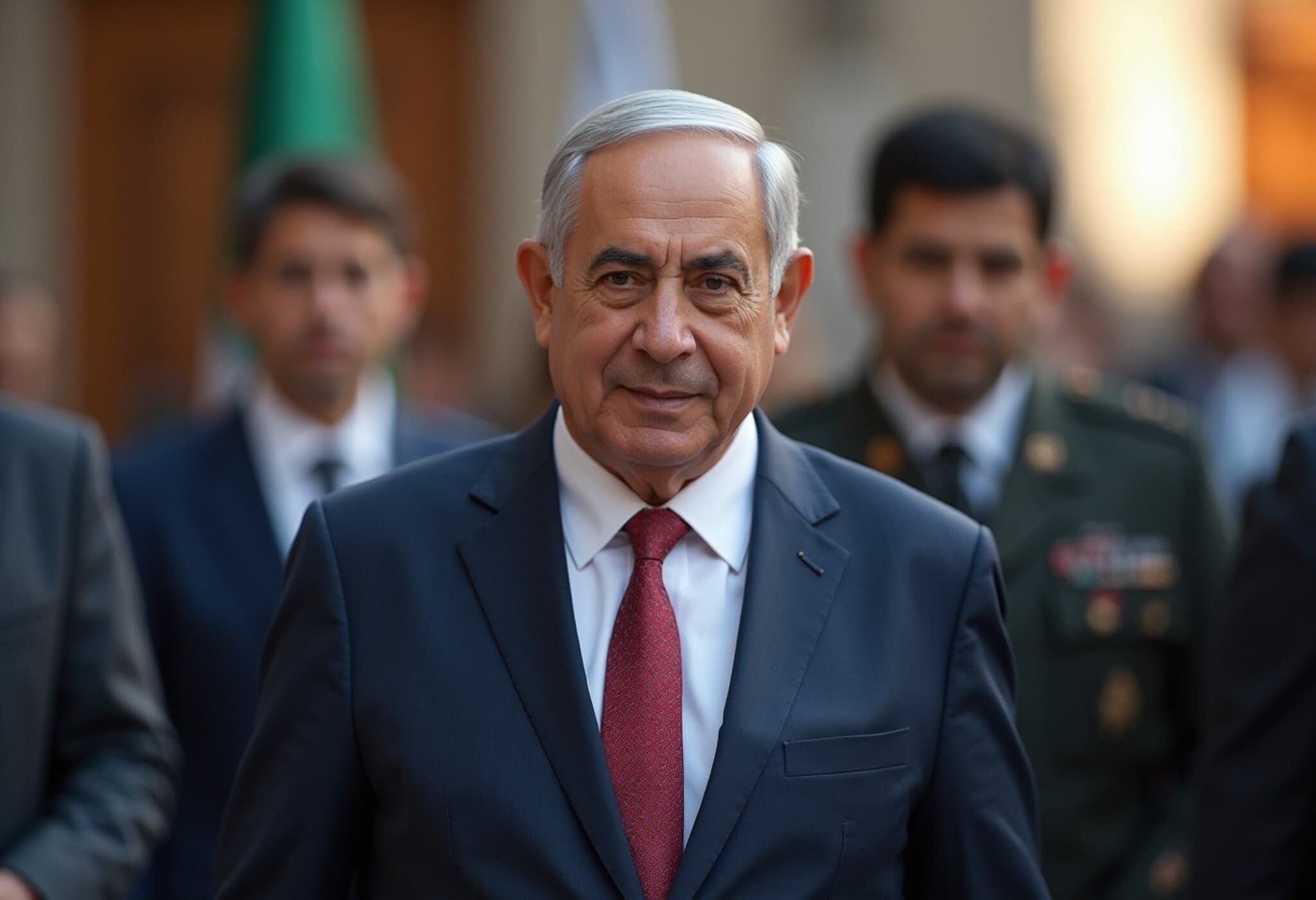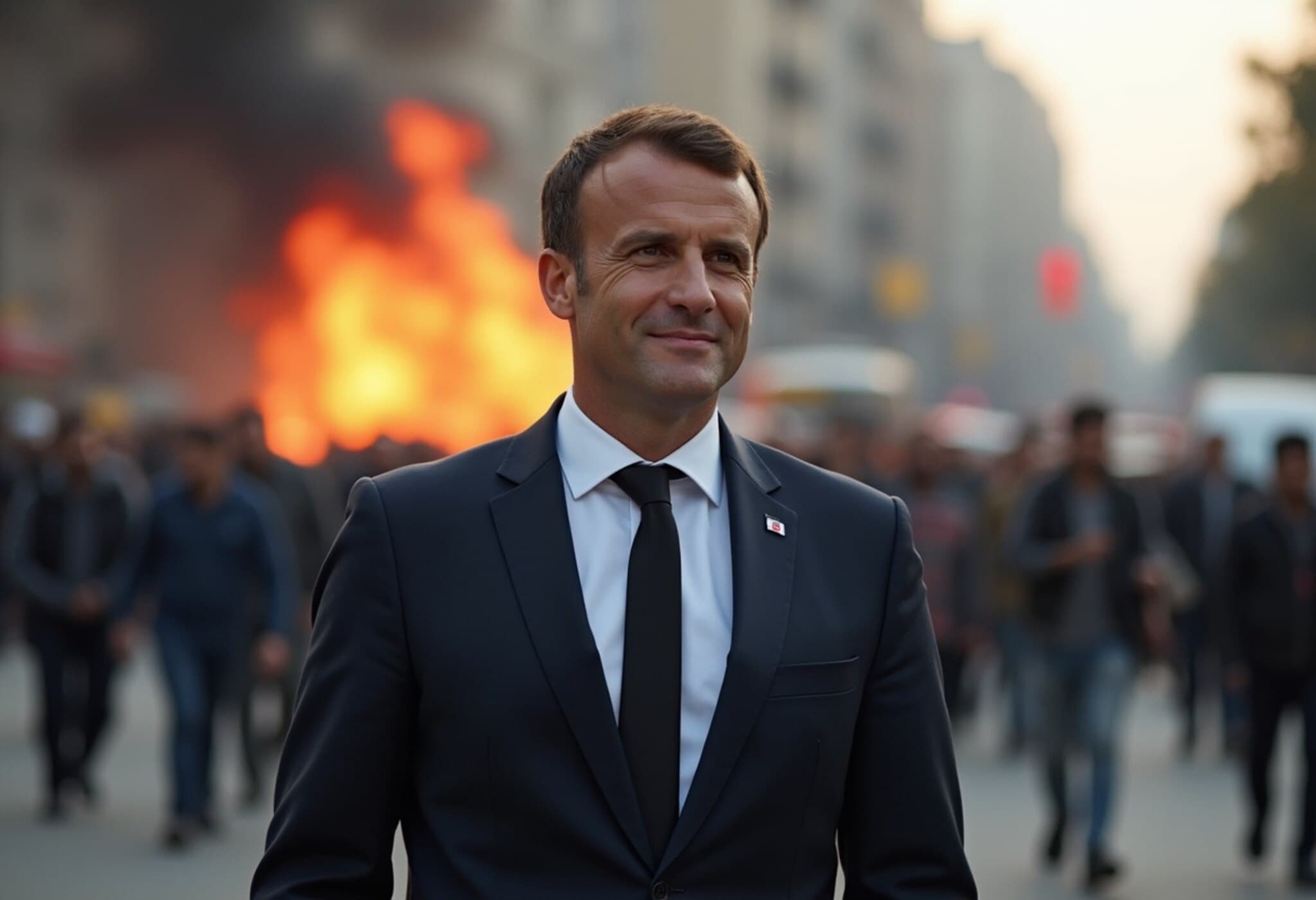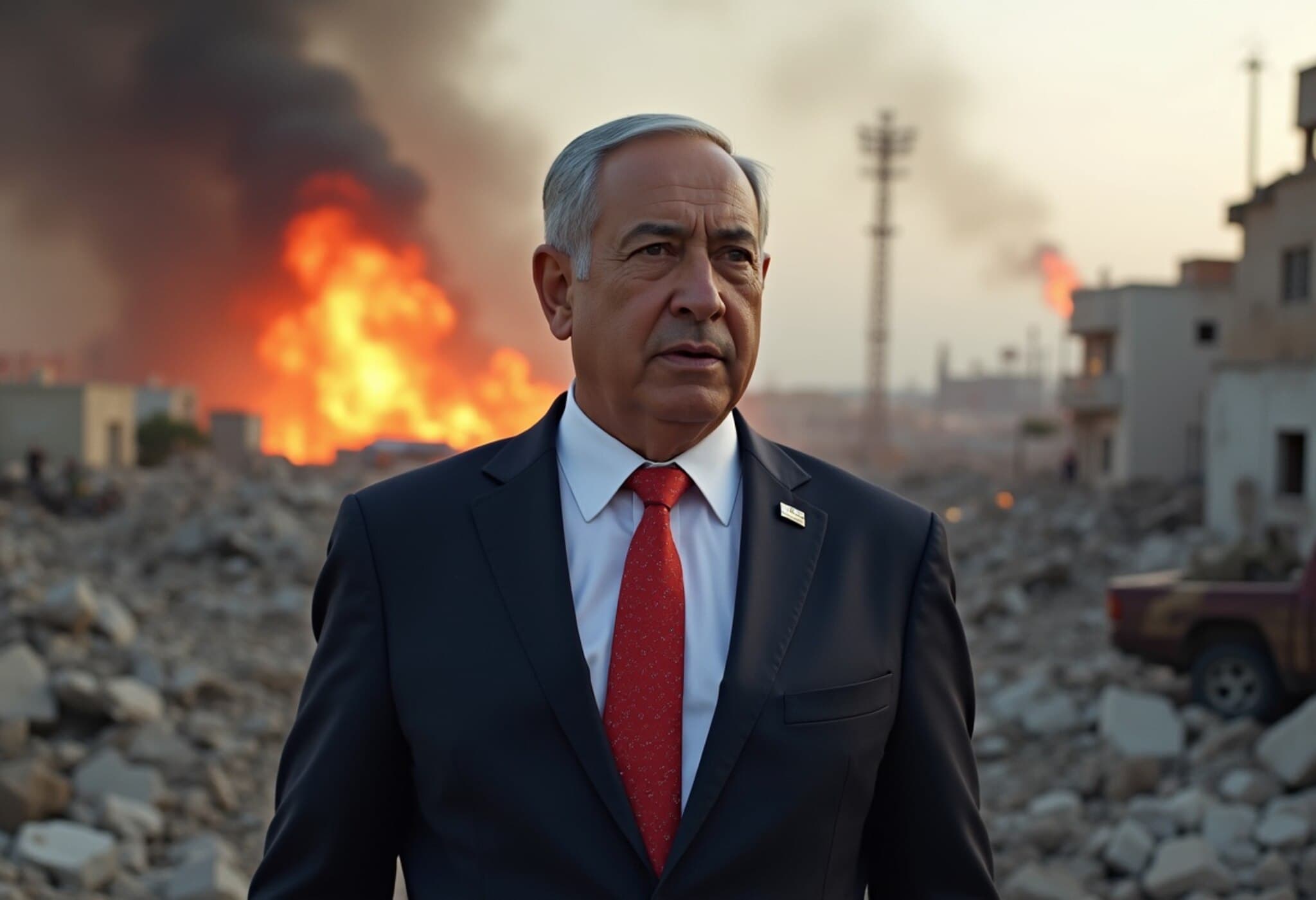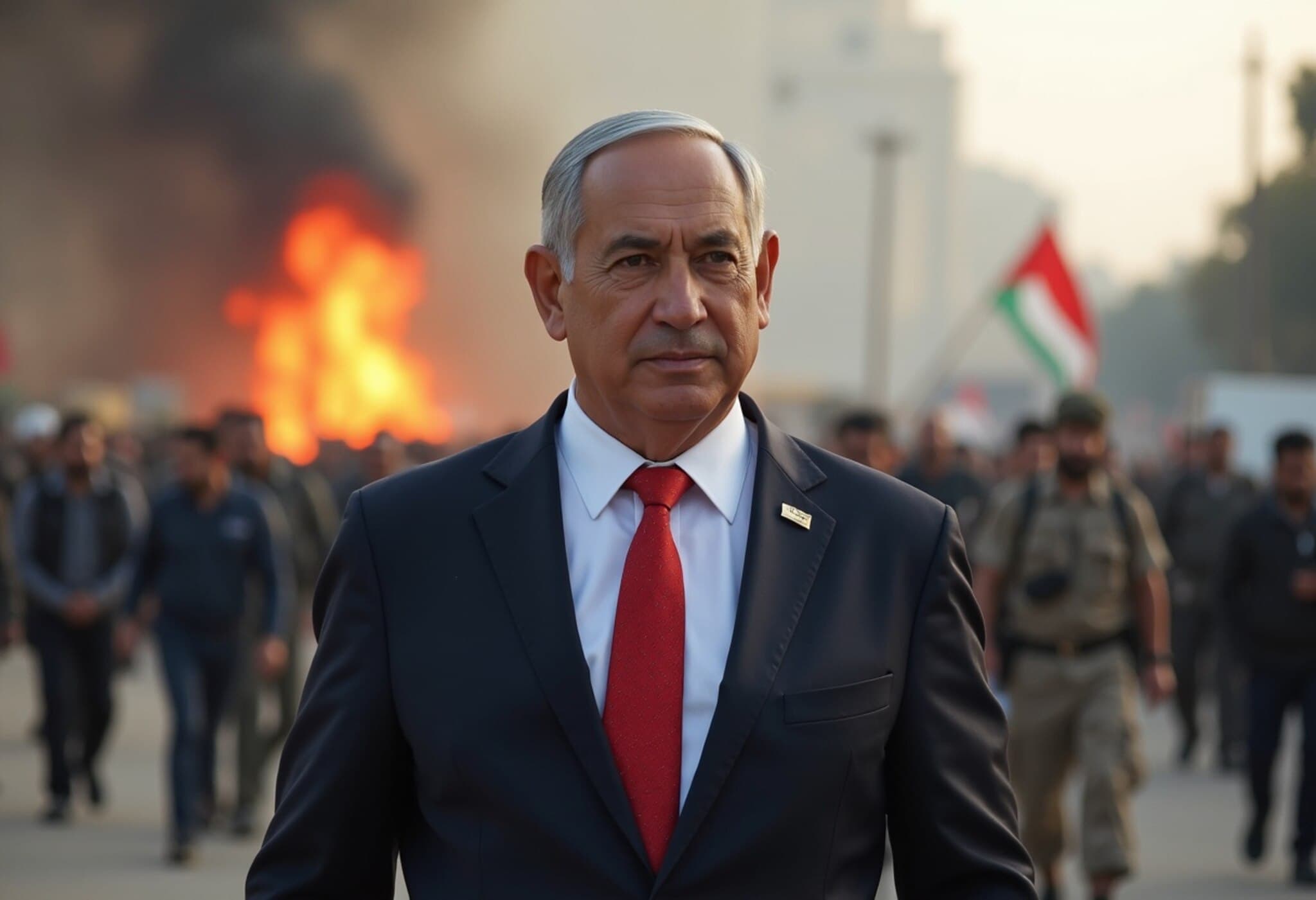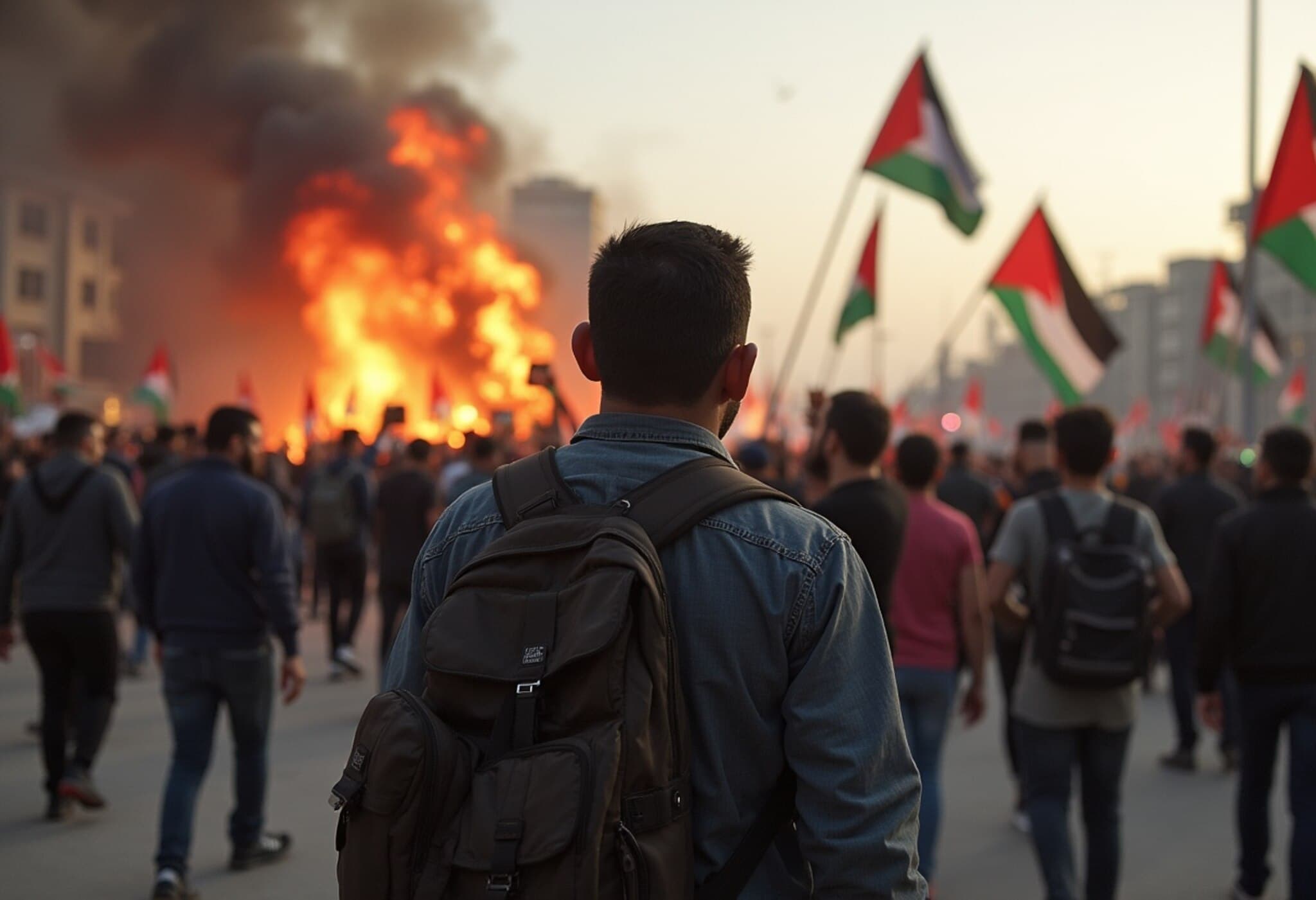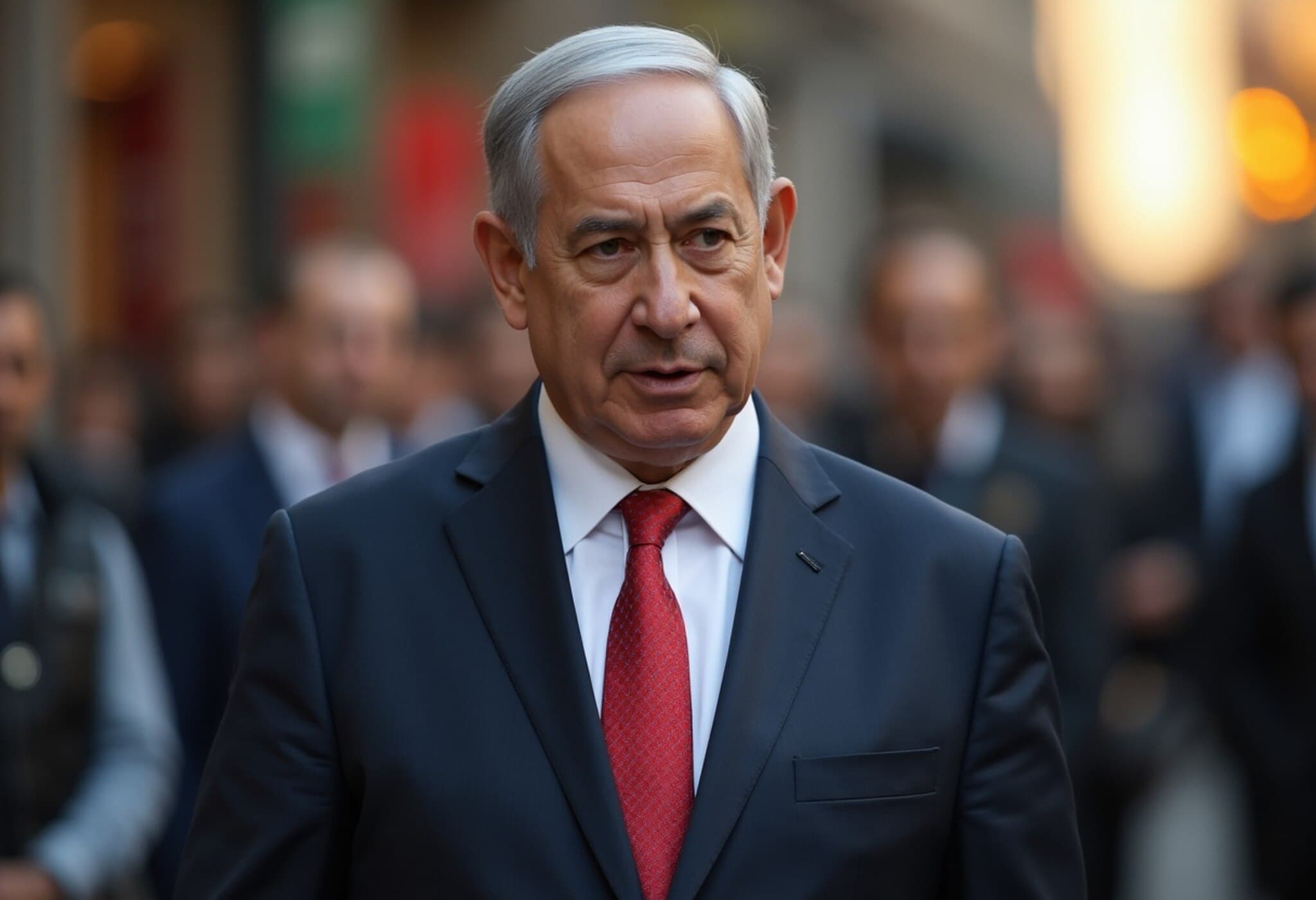Netanyahu Emphasizes Liberation Over Occupation in Gaza Conflict
In a decisive address ahead of an emergency United Nations Security Council meeting, Israeli Prime Minister Benjamin Netanyahu reaffirmed Israel's core objective in the ongoing Gaza conflict: the liberation of Gaza from Hamas control, not a prolonged occupation. "Gazans are pleading with us and the world for freedom from Hamas’ oppressive rule," Netanyahu asserted, branding Hamas a "genocidal organization" dedicated to Israel’s destruction.
Five Principles to Forge a Path Toward Peace
Netanyahu laid out a detailed framework to bring the war to an end, centered around five foundational principles:
- Disarmament of Hamas as a precondition for peace.
- Release of all hostages currently held by Hamas.
- Complete demilitarization of the Gaza Strip to prevent future militant aggression.
- Israel retaining overriding security control over Gaza to safeguard its borders and citizens.
- Establishment of a civilian administration in Gaza independent of Hamas and the Palestinian Authority, fostering peaceful coexistence.
“This plan envisions a Gaza free from terror and under secure, responsible governance,” Netanyahu explained. He stressed that Hamas’s steadfast refusal to relinquish weapons leaves Israel no alternative but to pursue its military objectives until Hamas is fully defeated.
Addressing Humanitarian Concerns and International Criticism
Amid mounting global concern about the humanitarian impact of Israel’s Gaza operations, Netanyahu vigorously rejected accusations that Israel is deliberately starving the Gaza population. He labeled these claims as “baseless” and part of a "global campaign of lies" designed to delegitimize Israel's actions.
Highlighting humanitarian efforts, he noted that "hundreds of trucks" carrying vital food, water, and medical supplies continue to cross into Gaza. Civilians are being urged via millions of text messages and phone calls to evacuate active combat zones safely. “We are committed to ensuring that innocent lives are protected,” Netanyahu emphasized.
Critique of Media Narrative and Historical Parallels
Netanyahu accused segments of the international media of inadvertently echoing Hamas propaganda, going so far as to liken reports of Gaza’s starvation to "malignant lies" historically directed against Jewish communities during the Middle Ages. This pointed critique underlines the challenges faced in the modern information environment, where perception can shape policy as much as reality.
U.S. Support and Regional Implications
Referencing former U.S. President Donald Trump’s statements, Netanyahu acknowledged the importance of international backing. Trump underscored two pivotal points: the immediate release of all hostages and the imperative that Hamas should not retain control in Gaza. These align closely with Israel’s stated objectives, reinforcing a shared understanding among allied nations about the roots of Gaza’s humanitarian crisis.
Expert Analysis: The Broader Context
From a geopolitical standpoint, Netanyahu’s five-principle framework not only reflects Israel’s strategic priorities but also signals an intent to reshape Gaza’s political landscape post-conflict. Establishing an alternative civil governance model independent of Hamas or the Palestinian Authority introduces complex diplomatic challenges. Who will legitimately represent Gaza’s civilian population, and how will regional actors react? These questions underscore the intricate balancing act ahead.
Moreover, Israel’s emphasis on a security buffer zone along the Gaza border hints at a long-term defense posture designed to deter future militant activity. This measure could have lasting impacts on Gaza’s economy, mobility, and its residents’ daily lives, raising critical humanitarian considerations.
Conclusion: The Path Forward Amid Complexity
As the UN Security Council convenes to deliberate Israel’s operational plans and the humanitarian ramifications therein, Netanyahu’s address sets a clear, if contentious, roadmap. The international community must grapple not only with immediate conflict cessation but also with fostering durable peace that addresses governance, security, and human rights in Gaza.
Editor's Note
Netanyahu’s five principles reveal a vision for Gaza that extends beyond military victory to political restructuring, reflecting deep-seated security concerns intertwined with humanitarian complexities. Readers should consider the challenges of implementing such a vision amid a fractured political landscape and the enduring humanitarian crisis facing Gaza’s civilians. As this conflict evolves, attention to both strategic imperatives and human impact remains essential.

